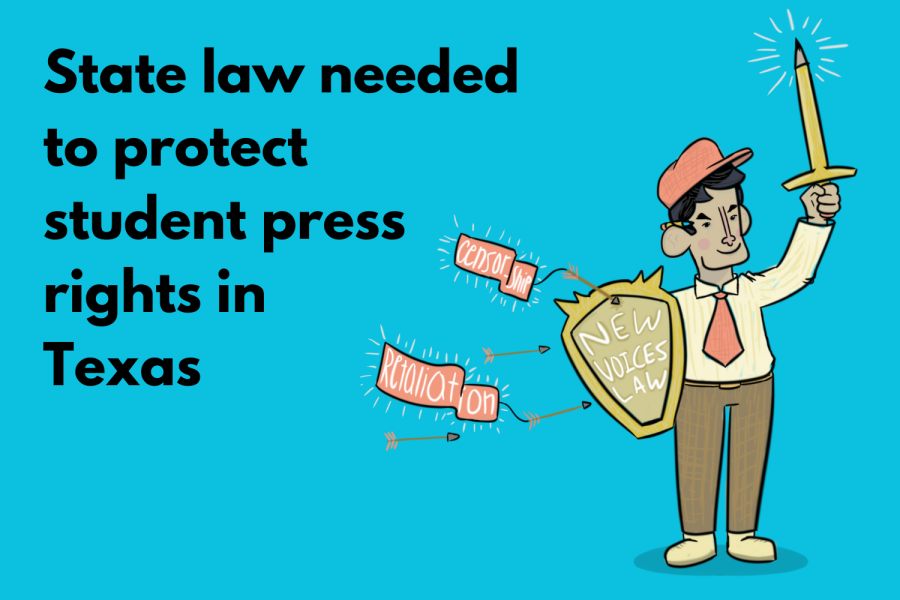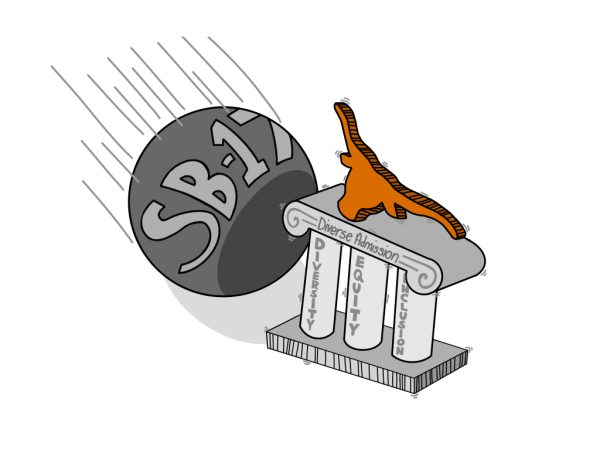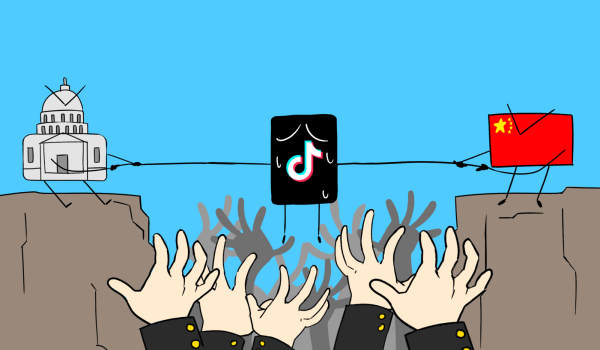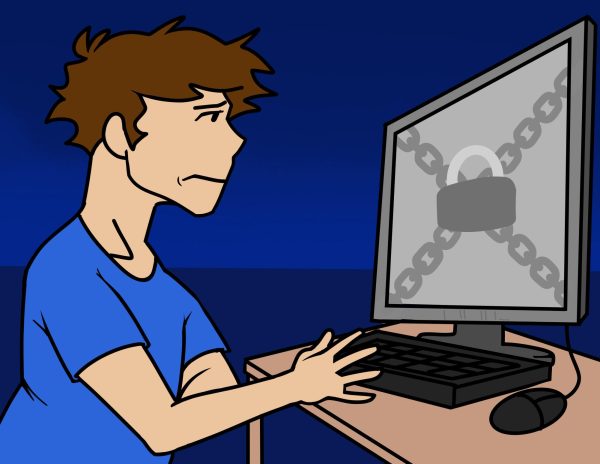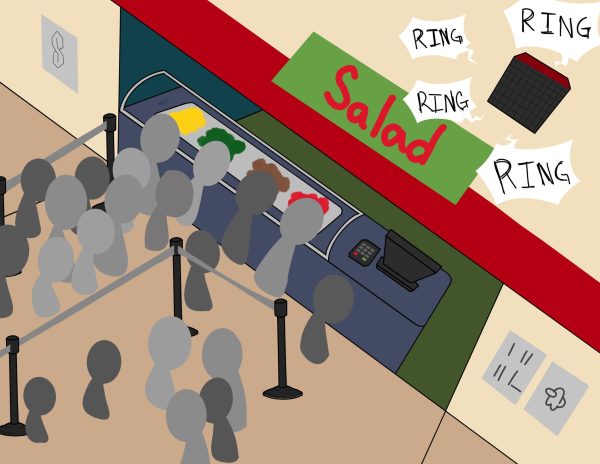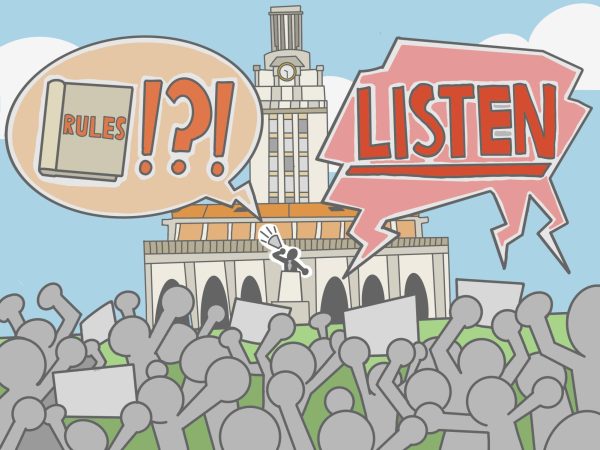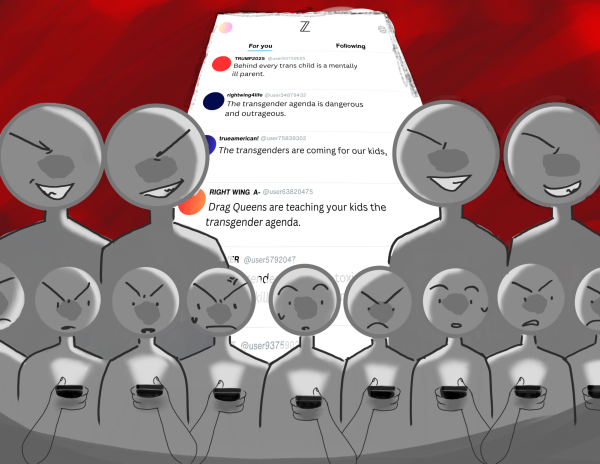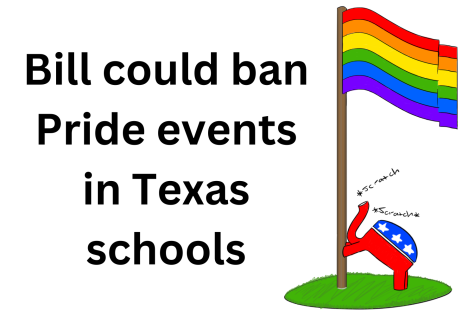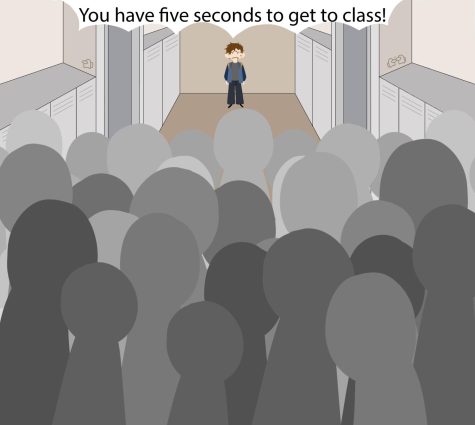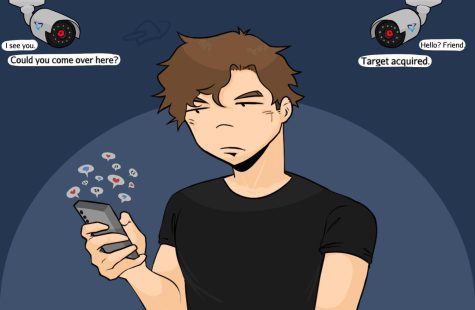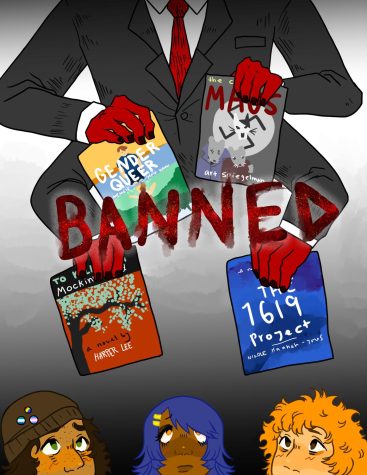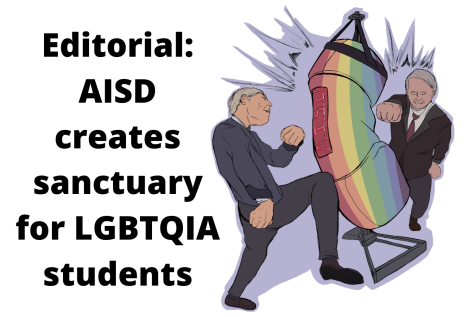State law needed to protect student journalists in Texas
In 1988, the U.S. Supreme Court made a landmark decision affecting student press rights in Hazelwood v. Kuhlmeier, which has resulted in the proliferation of censorship becoming the norm in student publications across the country, including in Texas.
The Hazelwood case went to the courts when student journalists sued their school district after a principal censored articles from their school newspaper that he deemed “inappropriate.”
The censored stories included an article about cases of teen pregnancy at the high school, while another article included the personal experiences of students whose parents had divorced. Student journalists sued on the grounds of the U.S. Supreme Court’s 1969 Tinker decision, which famously said that students and teachers do not “shed their constitutional rights to freedom of speech or expression at the schoolhouse gate” and that school officials may not punish or prohibit student speech unless they can clearly demonstrate that it will result in a material and substantial disruption of normal school activities or invade the rights of others.
In the 1988 Hazelwood case, the student journalists ultimately lost when the justices sided with school officials, claiming that school administrators have the right to censor their school newspaper if there is a “legitimate pedagogical concern.” Unfortunately, the vagueness of what constitutes a legitimate pedagogical concern to warrant censorship has since resulted in a proliferation of administrators removing content from student publications across the country or ordering students not to cover certain topics.
We appreciate our school administrators that allow Akins journalists the freedom to publish their work without intrusive acts of censorship. Many other students at other high schools in Texas do not. The inconsistency in how principals at different schools choose to allow students to exercise their freedom of the press has prompted student journalists to support the New Voices movement, which advocates for a state law to address these problems. Unfortunately, few districts have this privilege, and many other schools suffer the consequences of this case even more than three decades after its ruling.
We support the New Voices movement because we believe state laws are crucial to clarify the gray areas of student press rights caused by the 1988 Hazelwood decision. The New Voices movement has convinced 16 states so far to protect student press rights and we believe that Texas should be the next state on the list. Student journalists are instrumental to the future of news as we know it because we are being trained in the spread of accurate and timely information. We cannot do this under the fear of spontaneous censorship, nor without the bare fundamental rights we deserve.
Student press should have the rights to write without any fear of censorship mainly due to the factor of the potentiality student press can bring. For example, according to the New York Times, a Nebraska school newspaper got shut down after writing about LGBTQ issues. This article was not written under malice, but under the mentality of spreading information and news. This article describes how the students chose to dedicate this particular paper to the LGBTQ as a response to the school requiring them to use their birth names. Even though some of them were transgender, they were forced to since some of their names were “controversial” according to a student and lawyer.
One thing that people, who aren’t journalists or student journalists, don’t realize is that we as journalists have a code of ethics. This code of ethics is our baseline for who we are — they are our guidelines to the way we write. Our code has four main tenets: “seek truth and report it,” “minimize harm,” “act independently,” and “be accountable and transparent.” New Voices laws do not allow students to write slander or otherwise cause harm, but instead they allow students journalists to practice their craft, bring issues to light without the fear that it will be censored or punished.
Critics of expanding student press rights would argue that an administrator must be involved in censoring student-led publications because students do not have the mental maturity to publish without supervision. Critics believe that students are more likely to violate journalistic ethics.
The Texas Legislature is currently in session and committees will soon meet to consider passing new state laws. A New Voices law should be among the laws passed in Texas this year. This law should have bi-partisan appeal by bolstering students’ First Amendment rights. And it should also help administrators and students each know what their roles are in the student publication process.
A New Voices law does not give students unfettered rights to publish whatever they want. Such a law would still allow administrators to review content before it is published, but it would finally cure the Hazelwood decision by spelling out exactly what type of content can be removed and what can’t. We ask that you write to your representatives and get this law passed, so that we can protect student journalists in the state of Texas.
We believe that constricting student journalists from writing about important topics can misinform the communities that we serve. A free student press is necessary to provide straightforward and honest coverage about relevant topics our readers care about. When these articles are censored, we rob our students and communities from opportunities to learn, grown and improve through public discourse.
Your donation will support the student journalists of Akins High School. Your contribution will allow us to purchase equipment and cover our annual website hosting costs.


